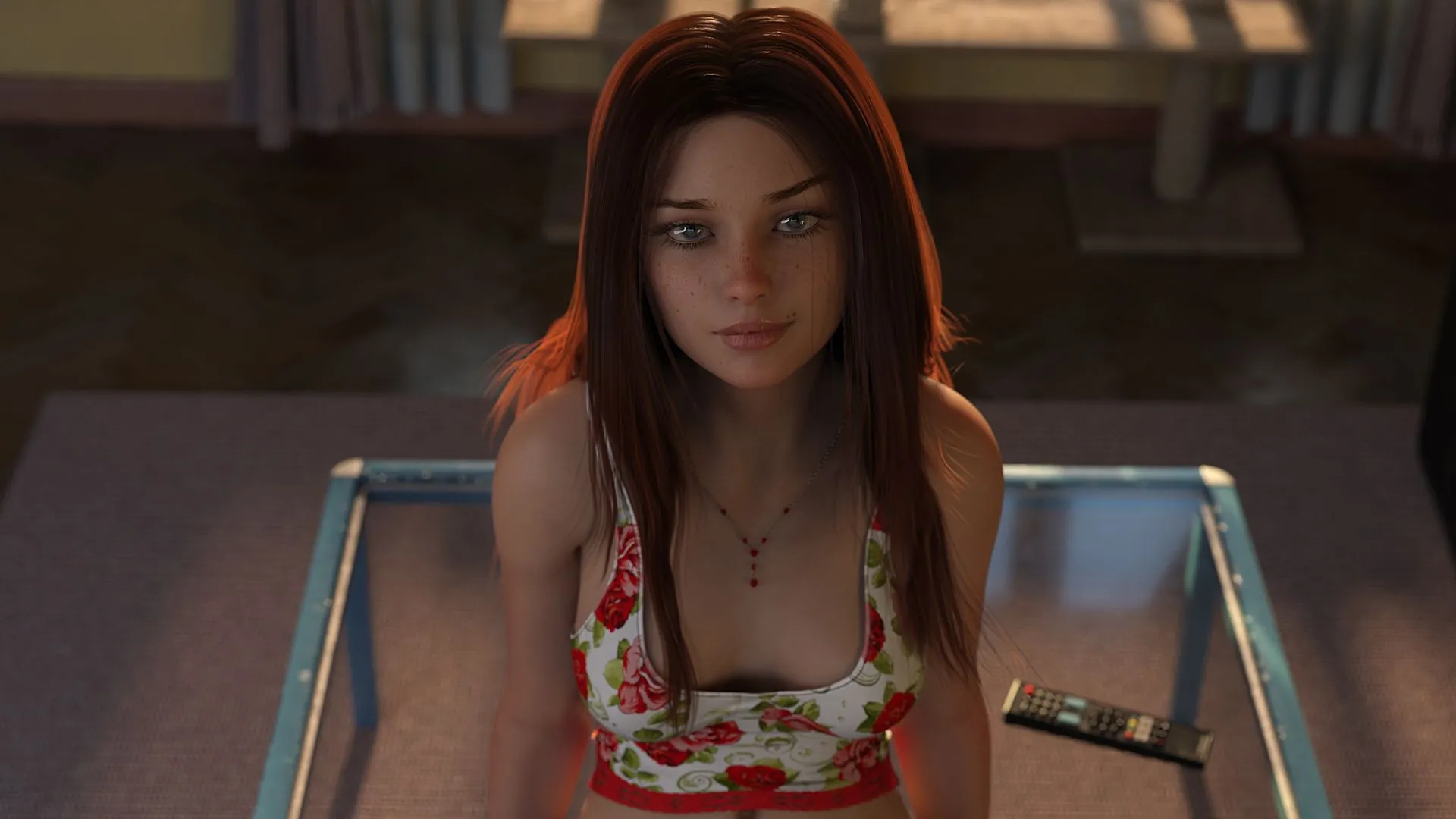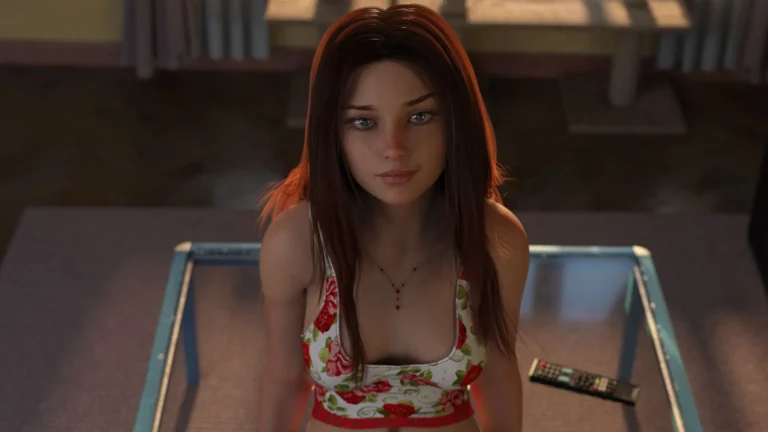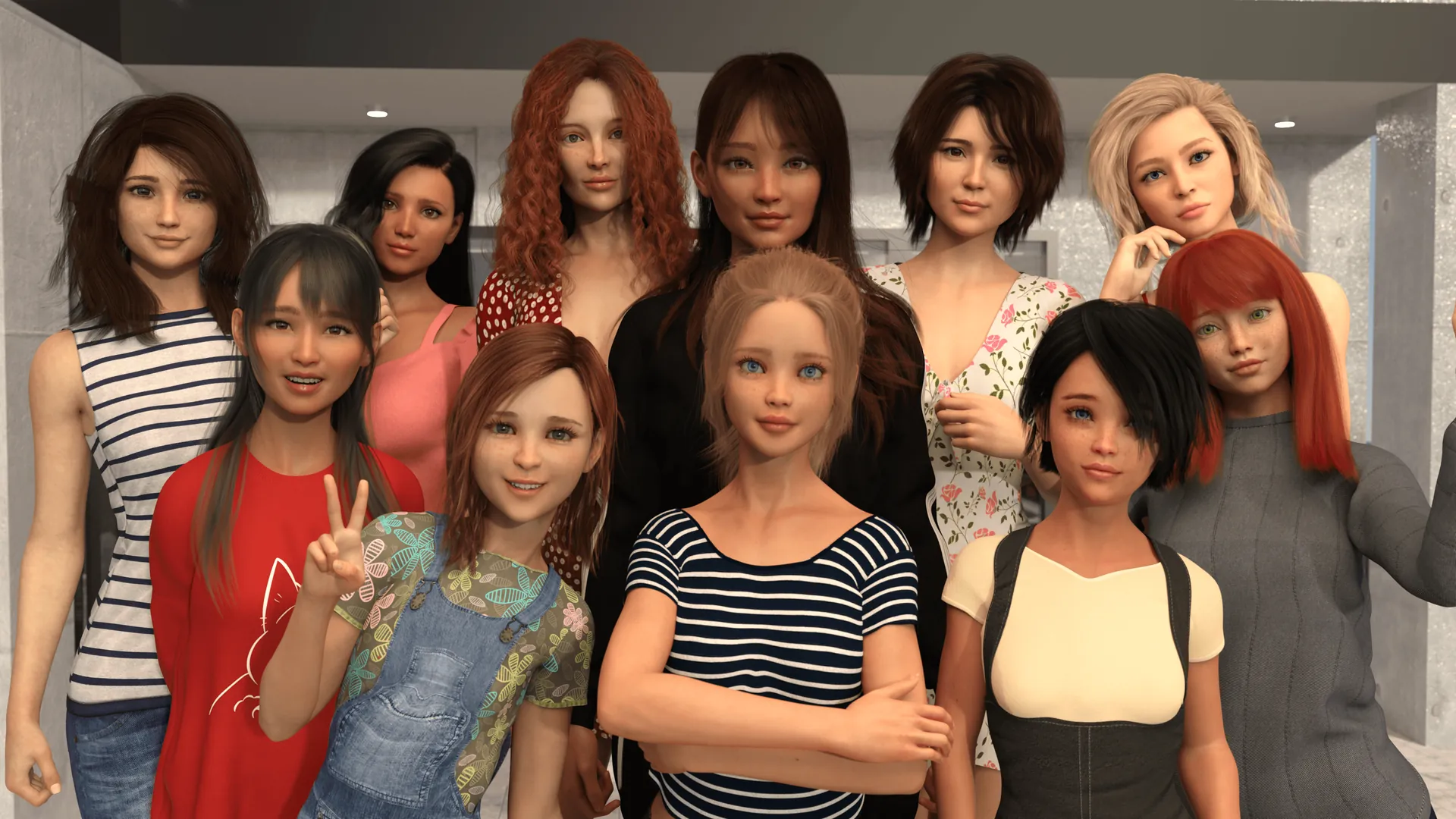
Summer’s Gone
Play Summer’s Gone
Summer’s Gone review
Exploring the Story, Gameplay, and Emotional Journey of Summer’s Gone
Summer’s Gone is a captivating interactive visual novel that blends storytelling with player choices to deliver a heartfelt experience. Centered on themes of healing, hope, and love, this game invites players to navigate emotional challenges alongside the protagonist. Whether you’re a fan of narrative-driven games or looking for an immersive journey, Summer’s Gone offers a unique blend of meaningful connections and tough decisions that shape the story’s outcome.
Unpacking the Story and Themes of Summer’s Gone
If you’re anything like me, you’ve probably downloaded a dozen visual novels, played for an hour, and thought, “Well, that was predictable.” 🫤 The tropes are familiar, the paths are obvious, and the emotional payoff feels… manufactured. That was my experience until I stumbled upon Summer’s Gone, a game that completely redefines what an interactive visual novel can be. It’s not just a story you watch; it’s a world you step into, and the emotional residue sticks with you long after you’ve closed the game. 😮💨
This chapter is all about peeling back the layers of its incredible narrative. We’re going to dive deep into the heart of the Summer’s Gone story, exploring its profound themes and the gut-wrenching, yet ultimately hopeful, journey it takes you on. Get ready; it’s quite a ride. 🎢
What is the Core Narrative of Summer’s Gone?
At its heart, the Summer’s Gone story is a masterclass in slow-burn, character-driven drama. You don’t play as a blank-slate hero; you step into the worn-out shoes of a young man grappling with a profound and all-consuming loss. The game doesn’t hand you his entire backstory on a silver platter. Instead, it’s drip-fed through subtle cues, haunting flashbacks, and the way he interacts (or, more accurately, struggles to interact) with the world around him. 🕰️
The core premise is deceptively simple: a protagonist trying to navigate college life while carrying an immense weight of grief. But this is far from a simple “go to class, get a girlfriend” simulator. The narrative is intricately woven, introducing a cast of complex characters, each with their own hidden depths and personal struggles. Your choices, the very essence of this interactive visual novel, determine which of these relationships you foster and how your character begins to view his own place in the world.
The brilliance of the Summer’s Gone story lies in its authenticity. The dialogue is sharp and real, the situations feel grounded, and the emotional beats land with a powerful impact because they feel earned, not scripted. It’s a story about picking up the pieces, even when you’re not sure you have the strength to hold them together. 💔
How Does the Game Explore Healing and Hope?
This is where Summer’s Gone truly shines as an emotional journey game. It understands that healing is not a straight line; it’s a messy, non-linear process filled with good days and devastatingly bad ones. The game doesn’t offer a magical cure. Instead, it presents opportunities for connection, small moments of light that gradually pierce the protagonist’s shell.
I remember one specific playthrough where I chose to sit alone in the library. The protagonist’s internal monologue was so heavy and isolating. But in another run, I pushed him to accept a simple invitation to study with a classmate. That small decision led to a conversation that wasn’t about fixing him, but about simply being there. It was a quiet moment, but it felt more significant than any dramatic plot twist. It was a genuine step forward.
This is the core of its healing and hope narrative. Hope isn’t presented as a grand destination; it’s in the shared lunch, the awkward attempt at a joke, the reluctant acceptance of help. The game argues that we find our way back to ourselves through others, even when we’re convinced we want to be alone.
The player choice impact story is paramount here. Your decisions directly influence the pace and nature of this healing. You can choose to lean into the bitterness and push everyone away, or you can tentatively reach out. This mechanic makes you an active participant in the recovery, making every small victory feel incredibly personal and rewarding. 🌱
Here is a table summarizing key emotional themes:
| Theme | How It Manifests in Gameplay | |
|---|---|---|
| Isolation vs. Connection | Player choices determine if the protagonist engages with others or retreats into solitude. | |
| The Weight of the Past | Flashbacks and internal monologue reveal the source of his pain, impacting current decisions. | |
| Small Acts of Kindness | Seemingly insignificant choices can trigger major emotional shifts for the characters. |
What Emotional Challenges Does the Protagonist Face?
The protagonist challenges in Summer’s Gone are the engine of the entire experience. He isn’t just “sad”; he is battling a complex array of emotional and psychological hurdles that feel painfully real. His journey is defined by several core struggles:
- Crippling Social Anxiety: Re-entering society after a traumatic event is terrifying. The game portrays this with stunning accuracy—the overanalysis of every social interaction, the desire to flee crowded spaces, the exhausting effort of just pretending to be okay. 😥
- Guilt and Self-Blame: A significant part of his emotional prison is the belief that he is responsible for what happened. This internalized guilt colors his worldview and makes him feel undeserving of happiness or connection.
- Apathy and Motivation Loss: One of the most relatable protagonist challenges in Summer’s Gone is his sheer lack of drive. When you’re carrying that much weight, simply getting out of bed can feel like a monumental task. The game doesn’t shy away from showing this frustrating aspect of recovery.
Confronting these issues is the central conflict. The Summer’s Gone emotional depth comes from watching him, at your direction, slowly confront these demons. It might be him finally voicing a fragment of his pain to someone he trusts, or merely showing up to an event he’d normally skip. These are the battles he fights, and your choices are the weapons you give him. ⚔️
The player choice impact story is felt most acutely here. Will you encourage him to shut down and isolate, reinforcing his negative self-view? Or will you gently guide him toward the difficult but necessary conversations that lead to catharsis? You’re not just choosing a love interest; you’re choosing a path to healing.
Ultimately, the Summer’s Gone story is a powerful testament to the human spirit’s resilience. It’s an emotional journey game that trusts its players to handle nuance and rewards them with a profoundly moving experience. It proves that the best stories aren’t about the destination, but about the fragile, beautiful, and hard-fought steps we take along the way. ✨
Summer’s Gone stands out as an interactive visual novel that masterfully combines storytelling with player-driven choices to create a deeply emotional experience. Its focus on themes like healing and hope invites players to connect with the protagonist’s journey on a personal level. Whether you seek a game that challenges your decision-making or one that offers a meaningful narrative, Summer’s Gone delivers a memorable adventure worth exploring. Dive in and experience the story for yourself.


















